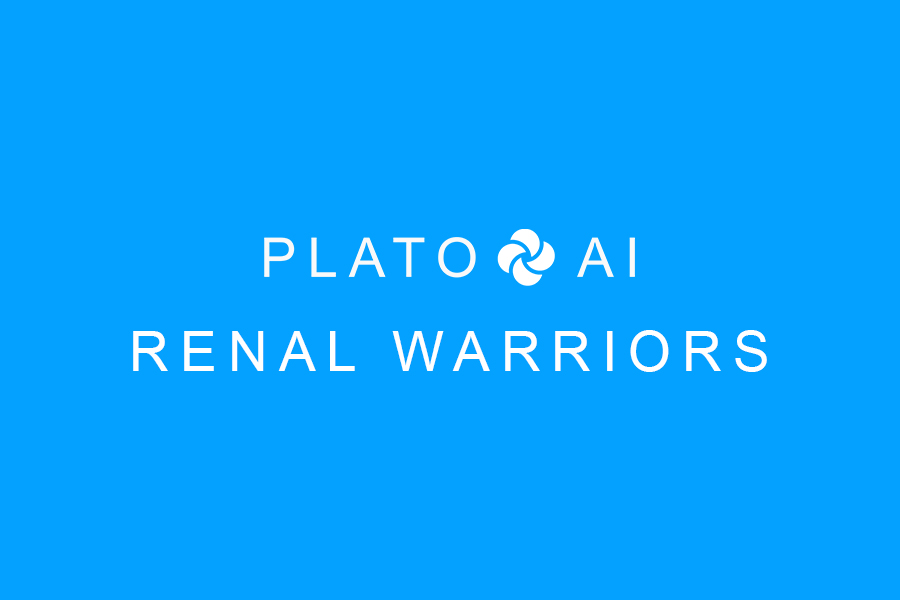Understanding the Relationship Between Dietary Oxalates and Kidney Stones in Patients with Kidney Disease
Kidney stones are a common health issue that affects millions of people worldwide. They are hard deposits made of minerals and salts that form in the kidneys. While there are various factors that contribute to the formation of kidney stones, one important aspect to consider is the role of dietary oxalates.
Oxalates are naturally occurring compounds found in many foods. They are produced by plants as a defense mechanism against predators. In the human body, oxalates can bind with calcium to form crystals, which can then accumulate and lead to the development of kidney stones.
For individuals with kidney disease, understanding the relationship between dietary oxalates and kidney stones is crucial. Kidney disease affects the kidneys’ ability to filter waste products from the blood, including oxalates. As a result, oxalate levels can become elevated in the body, increasing the risk of kidney stone formation.
It is important to note that not all kidney stones are caused by oxalates. Other types of stones, such as calcium phosphate or uric acid stones, can also form. However, for individuals with kidney disease, oxalate stones are more common.
To manage the risk of kidney stone formation, patients with kidney disease should be mindful of their dietary oxalate intake. Here are some key points to consider:
1. Identify high-oxalate foods: Foods that are high in oxalates include spinach, rhubarb, beets, Swiss chard, nuts, chocolate, and tea. Limiting the consumption of these foods can help reduce oxalate levels in the body.
2. Increase fluid intake: Staying well-hydrated is essential for preventing kidney stone formation. Drinking an adequate amount of water helps dilute urine and flush out excess oxalates.
3. Calcium intake: Contrary to popular belief, consuming calcium-rich foods can actually help prevent oxalate stones. Calcium binds with oxalates in the intestines, preventing their absorption into the bloodstream. Good sources of dietary calcium include dairy products, leafy greens, and fortified foods.
4. Moderation is key: While it is important to limit high-oxalate foods, completely eliminating them from the diet is unnecessary. A balanced approach is recommended, where patients can still enjoy these foods in moderation while being mindful of portion sizes.
5. Consult a healthcare professional: Patients with kidney disease should work closely with their healthcare team, including a registered dietitian, to develop a personalized dietary plan. They can provide guidance on oxalate intake, monitor kidney function, and make necessary adjustments based on individual needs.
It is worth noting that dietary oxalates are not the sole cause of kidney stones in patients with kidney disease. Other factors, such as genetics, underlying medical conditions, and medications, can also contribute to stone formation. Therefore, a comprehensive approach that addresses all potential risk factors is essential for managing kidney stone risk.
In conclusion, understanding the relationship between dietary oxalates and kidney stones is crucial for patients with kidney disease. By being mindful of their oxalate intake, increasing fluid intake, and working closely with healthcare professionals, individuals can reduce their risk of developing kidney stones and maintain optimal kidney health.
- The Renal Warrior Project. Join Now
- Source: Plato Data Intelligence.
- Source: https://renal.platohealth.ai/hot-topics-in-nephrology-breaking-down-dietary-oxalates-kidney-stones-in-patients-with-kidney-disease-nephu/

